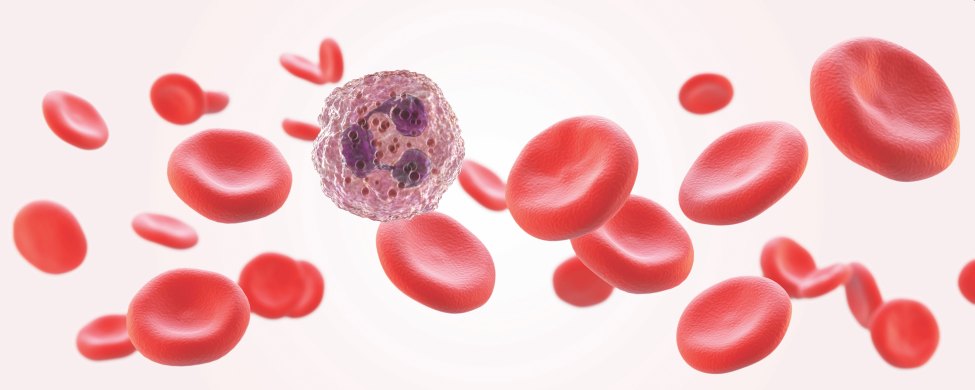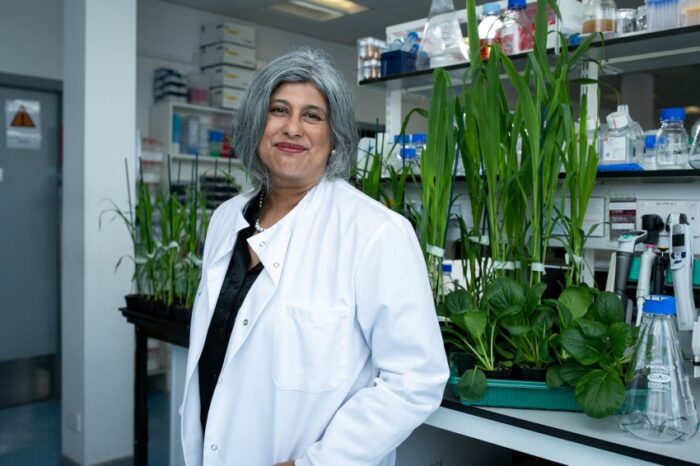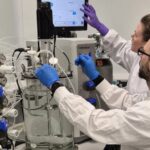US government-backed biotech startup Safi Biotherapeutics is developing lab-grown blood to address shortages
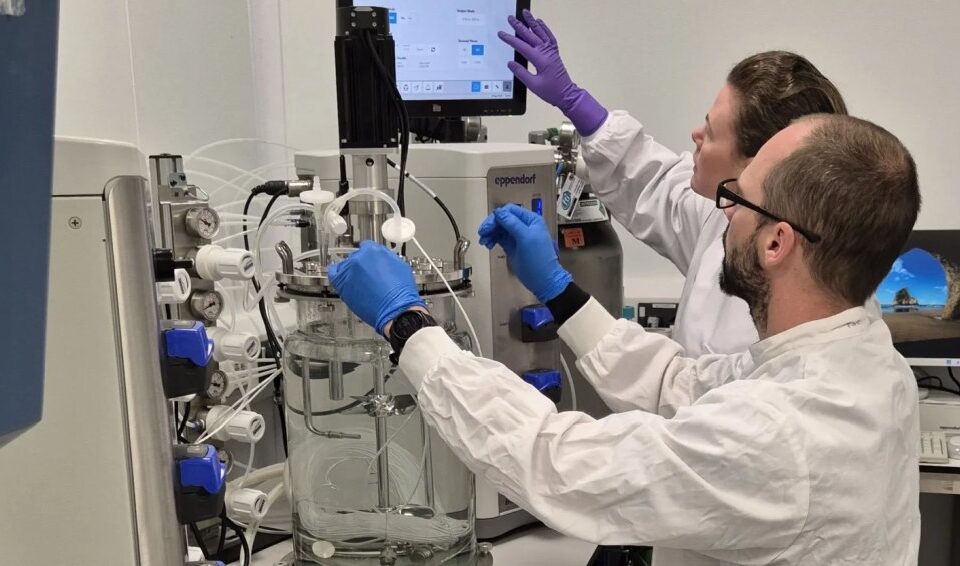
Blood shortages in the United States are becoming a growing concern as fewer people are donating due to busy schedules, travel, and health issues. This shortfall affects critical medical procedures, such as surgeries, cancer treatments, and trauma care.
This shortage puts patients at risk, as doctors face tough decisions about who gets the blood they need. In August, the American Red Cross declared an emergency shortage after supplies dropped by over 25% in July. Now, one startup has stepped in to tackle this challenge with a blood cell therapy solution.
Enter Safi Biotherapeutics, a biotech startup aiming to address this issue by developing lab-grown blood. Founded four years ago, Safi is focused on manufacturing blood cell products through advanced cell manufacturing techniques.
The stakes are high. Blood shortages can have dire consequences for patients. The American Red Cross, responsible for collecting and distributing around 40% of the U.S. blood supply, is urging more people to donate.
Doug McConnell, CEO of Safi Biotherapeutics, envisions a future where hospitals and clinics won’t have to rely solely on donations. Safi’s approach involves creating blood cells that can be produced at scale, making them accessible to those who need them most.
Lab Grown Blood: Cracking the Code of Cell Therapy 2.0
Safi Biotherapeutics is part of a Department of Defense program aimed at manufacturing on-demand blood products. The company is working to overcome the challenges of scaling up production, ensuring product consistency, and reducing costs by leveraging expertise in blood stem cell expansion and bioprocessing.
While the concept of growing red blood cells from stem cells isn’t new, the process has traditionally been costly and complex, producing only small quantities. Safi is building on recent advancements, aiming to produce large volumes of blood for commercial use, which could help mitigate shortages. In an interview with CNBC, McConnell said:
“People have tried, but the technology has evolved and we see this path now. I do think it goes from science fiction to science, but still a lot of work ahead. No question about that.”
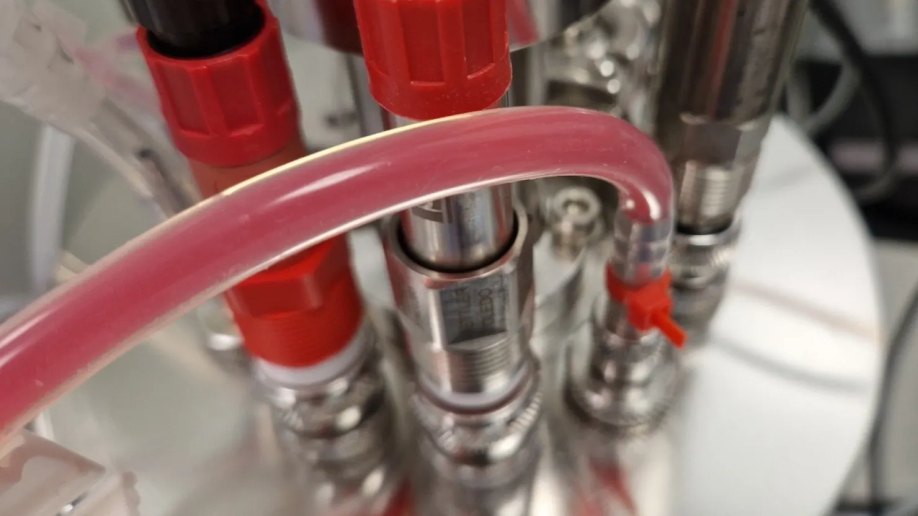
McConnell is optimistic but realistic about the challenges ahead. He acknowledges that there is still a lot of work to be done, but the technology is evolving, and Safi sees a clear path forward.
Safi has secured over $16 million in funding from the U.S. Department of Defense, with expectations to exceed $20 million by the end of the year. The company also announced an additional $5 million in seed funding led by J2 Ventures, which will support its efforts as it begins working with the FDA.
The FDA has not yet approved Safi’s technology, and the company faces years of rigorous testing to ensure its blood cells are functional, safe, and meet the agency’s standards.
Safi recently partnered with the Advanced Regenerative Manufacturing Institute (ARMI) in New Hampshire to refine its production process. ARMI is part of a broader initiative to build biomanufacturing capabilities in the U.S.
Safi starts its production with progenitor cells, which are derived from stem cells in bone marrow and then turned into red blood cells. The process involves careful optimization to create an efficient and cost-effective method, to produce blood that looks and functions like donor blood.
Currently, Safi can produce one unit of blood for under $2,000. The long-term goal is to reduce this cost to under $500, or even $300, which would make lab-grown blood as affordable as donor blood.
In 2021, U.S. hospitals paid an average of $214 for a unit of donated red blood cells. Safi aims to significantly scale up production in the coming years, to produce 100 units of blood per bioreactor run and eventually manufacturing over a million units annually.
McConnell’s vision is clear: he wants to eliminate concerns about blood supply. Safi Biotherapeutics is on a mission to create a self-sufficient supply chain, reducing the need to rely on donations.
